
How revamping Open Banking’s economic model will drive greater collaboration and innovation
 12:49 05 Mar 2024
12:49 05 Mar 2024 A convergence of regulations and market developments this year are providing the building blocks that could put the Open Banking ecosystem on a more sustainable path for growth.
With the Joint Regulatory Oversight Committee (JROC) laying the foundation to unshackle Open Banking Limited from the Competition and Markets Authority order, this will enable a more viable funding model and help transform Open Banking into Open Finance, says Stephen Wright, Open Banking Lead at NatWest.
JROC will also help focus attention on the economics of Open Banking by introducing the idea of premium APIs, he says.
“A sustainable economic model will encourage greater collaboration and innovation and expansion of products down the line and really drive improvements in customer journeys,” says Wright.
One area where the industry is already seeing innovation is with Variable Recurring Payments (VRP) and the upcoming commercial pilot for low risk use cases for financial services, utilities and government payments. However, while this shows promise, it is not without shortcomings, Wright says.
“The PSR’s (Payment Systems Regulator) approach is not sustainable,” he explains. “It doesn’t focus on customer experience or value proposition – and you have to look ahead to a Phase 2 as to how we take this forward into higher risk use cases and create the economic model that drives VRP into new propositions.”
The challenge with the current approach is that it is trying to compete with Direct Debits, something that is already well embedded into the payments landscape.
“That’s going to be quite hard to shift,” says Wright. “For new customers it won’t be a problem, and for vulnerable customers, VRP is perfect because it gives them more control. But you will struggle to make massive inroads into a very established Direct Debit base for a service that works for large billers.”
For VRP to really take off, the industry needs to create a model that incentivises all parts of the value chain to innovate.
“Without that you’re never going to get a compelling user experience and value proposition – you need banks and PSPs (Payment Initiation Service Providers) to work together,” says Wright.
The broader regulatory backdrop and the growth in Smart Data schemes is also likely to give the Open Banking ecosystem a significant boost. For example, the UK’s Data Protection and Digital Information Bill (DPDI) will be a potential game changer when it is introduced, says Wright, as it will give much greater visibility into an individual’s financial wellbeing as well as improve access to credit for people or businesses with thin credit files.
While new regulations will help push the market in the right direction, it is already in banks’ hands to make Open Banking work and allow their customers to share their financial data and tap into the benefits that Open Banking creates, says Stacey Wilkinson, API Growth Manager at NatWest.
“From our perspective as a bank, it’s not about waiting for industry to tell us to do something, we see the value in giving customers the ability to share their bank-held attributes with third parties to smoothen, streamline and ultimately strengthen their digital experiences,” she says.
Underpinning this growing digital ecosystem and the potential for smart data to unlock more personalised and engaging customer experiences is the need for a verifiable digital identity.
“Digital identity is absolutely fundamental to all of these developments and bank-assured identity is absolutely key,” says Paula Sussex, CEO at OneID.

One obvious benefit of a verifiable digital identity is to help tackle fraud. With the PSR now enforcing mandatory reimbursement for authorised push payment fraud, digital identity schemes are going to become even more important for banks.
“Bank verified digital identity upstream in the payment process would knock fraud on the head,” says Sussex. “So we’re trying to get digital identity, which happens to be using the bank’s own data, considered centrally at the start of every transaction.”
Another potential driver for the growth and adoption of Open Banking in the UK this year is the recent introduction of the Crown Commercial Services’ Open Banking contract framework – the Open Banking Dynamic Purchasing System (DPS) – that will support procurement across the entire public sector.
“Whenever the government structurally gets behind a regulatory change, then you’ve got a much better chance of consumer adoption, not only in terms of economic clout but also in terms of the often monopoly services that citizens have to use,” says Sussex.
The DPS offers three main use cases – cheaper payments (without the need for bank cards), account sharing information (for aspects such as affordability and fraud prevention) and payee confirmation (to check funds are going to the right account).
“This highlights that there is a recognisable need for services that are created on the back of Open Banking data, and as Open Banking data expands into other industries, it will only increase the services that consumers will be able to access,” says Wilkinson.
The convergence of all these elements could also help inform the National Payments Vision and Strategy (NPVS), particularly given discussions around accelerating account to account payments as a competitor to cards, says Wright.
“Something to potentially be considered as part of the NPVS might be to create a UK wallet that integrates account to account payments with digital identity,” he says. “That is a compelling proposition because it does have clear benefits over other payment methods.”
While that is one for the future, all of these regulatory and legislative developments will likely sharpen focus on the need for more effective collaboration across the industry to create the new use cases that will drive greater adoption and ensure that 2024 is the year the stars really do align for Open Banking.
Watch our Campfire on Digital Identify to hear more from Stacey Wilkinson, NatWest & Paula Sussex, OneID
Authors: Stacey Wilkinson, API Growth Manager at NatWest, Stephen Wright, Head of Regulation & Standards at NatWest & Paula Sussex, CEO at OneID.



 " alt="">
" alt="">

 " alt="">
" alt="">
 " alt="">
" alt="">
 " alt="">
" alt="">
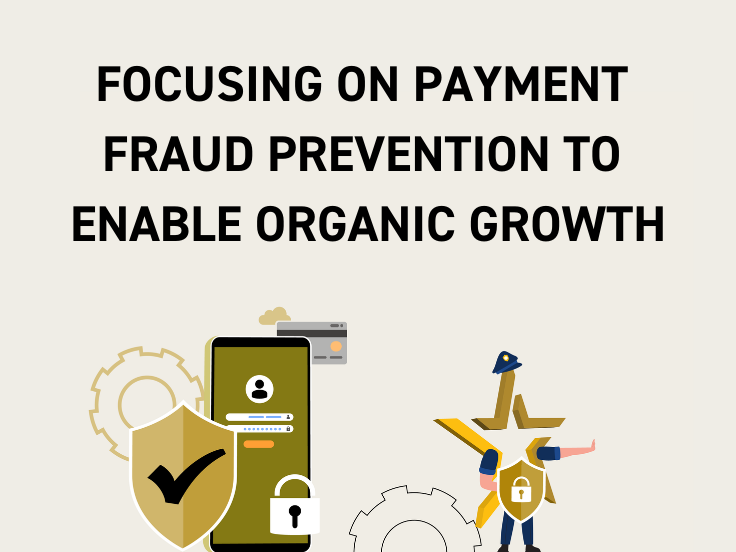 " alt="">
" alt="">
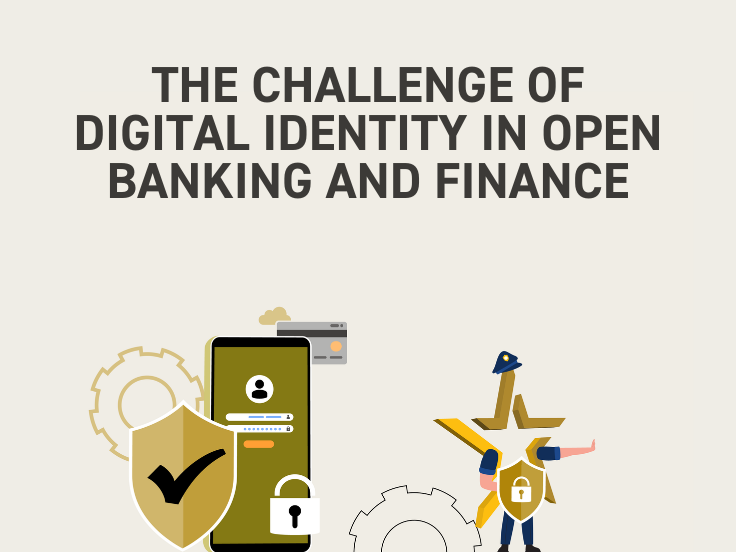 " alt="">
" alt="">
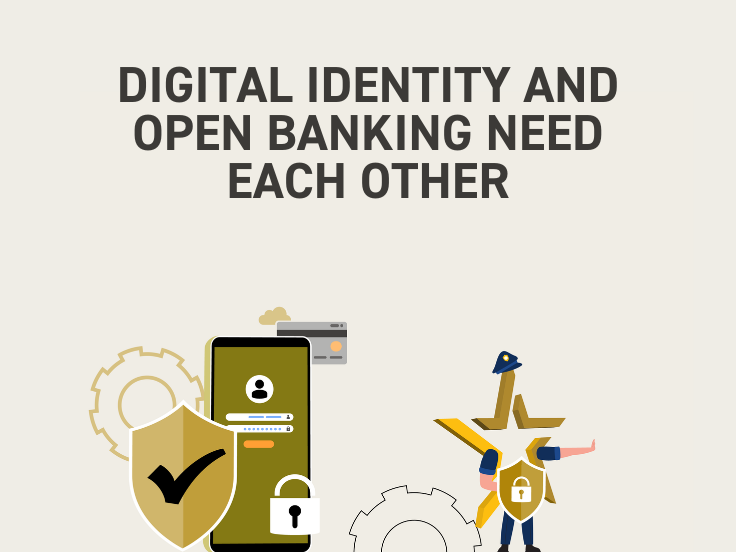 " alt="">
" alt="">
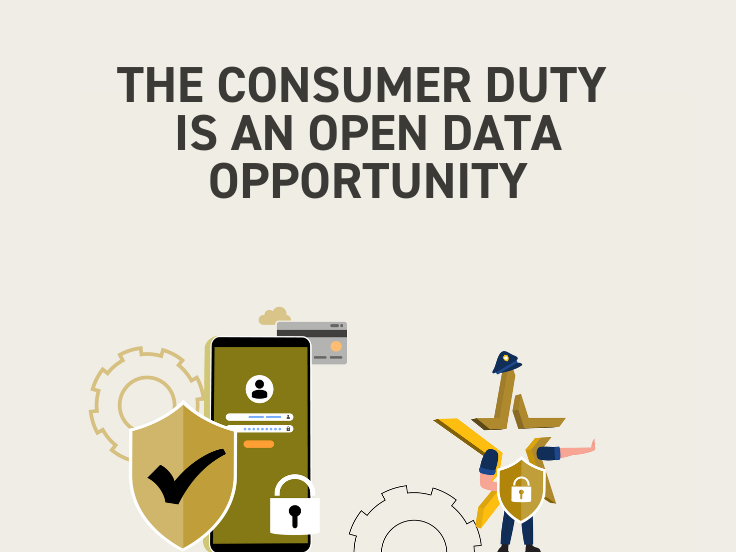 " alt="">
" alt="">
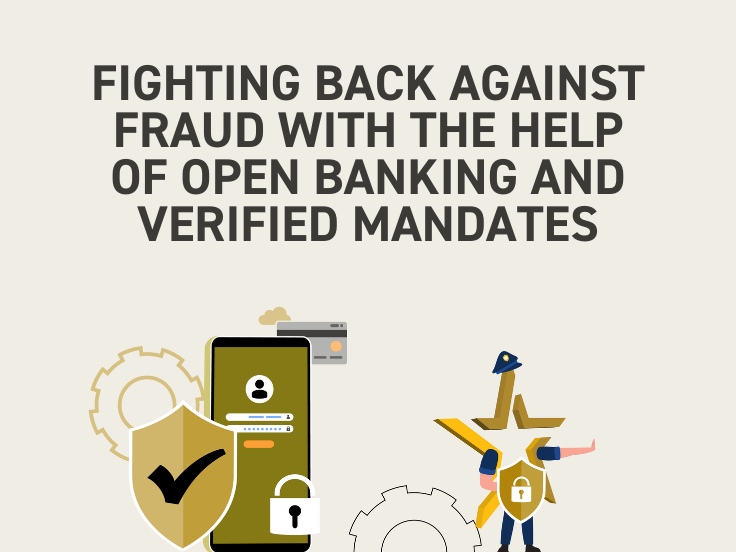 " alt="">
" alt="">
 " alt="">
" alt="">